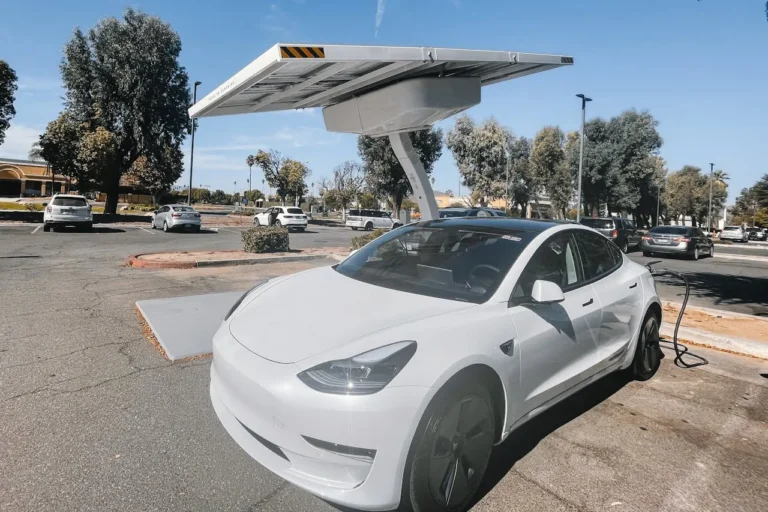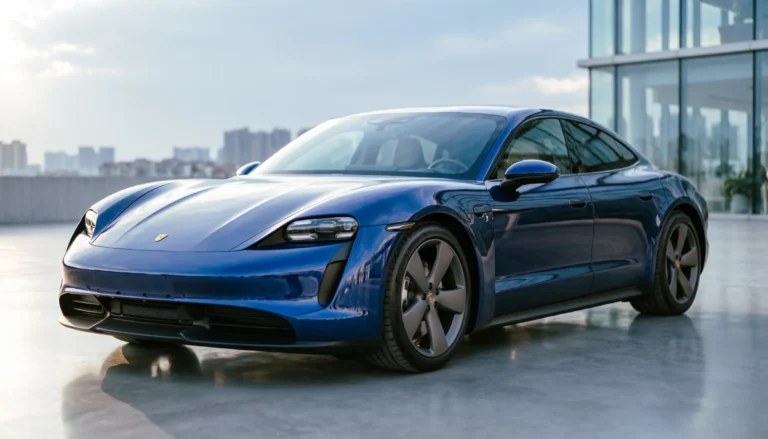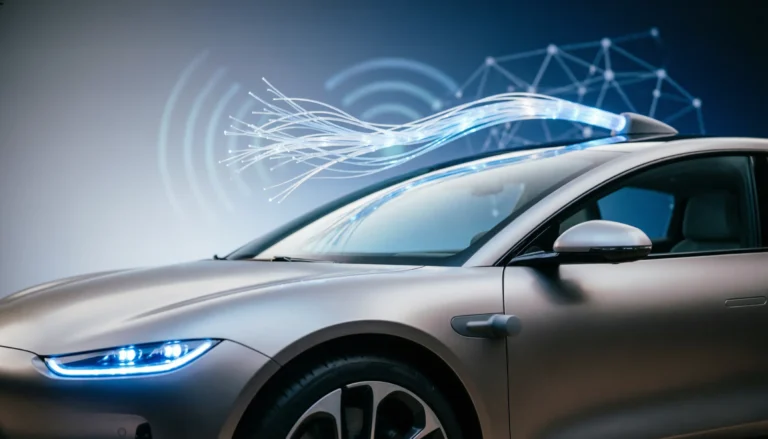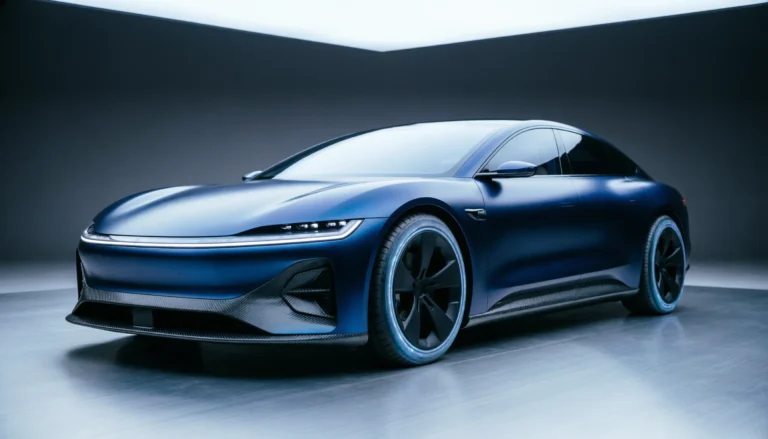
Nuvve, ComEd, and Resource Innovations Launch Pilot Partnership to Advance V2G Technology Using Electric School Buses
In a significant step toward transforming the energy landscape and promoting sustainable transportation, Nuvve, ComEd, and Resource Innovations have announced a groundbreaking collaborative pilot program. This initiative, spearheaded by ComEd with support from Resource Innovations, aims to explore the transformative potential of bidirectional charging, specifically through the deployment of electric school buses within ComEd’s extensive service area. Serving over 4.3 million customers across northern Illinois, ComEd’s infrastructure provides an ideal environment for testing the capabilities and benefits of vehicle-to-grid (V2G) technology.
Scheduled to run through the end of the fourth quarter of 2025, this pilot program is designed to rigorously assess the environmental, societal, and grid-related impacts of integrating V2G technology into clean transportation solutions. The project will evaluate how energy stored in electric school bus batteries can be utilized to support grid stability, reduce energy costs, and deliver broader environmental benefits.
Harnessing the Power of Bidirectional Charging
At the heart of this initiative is Nuvve’s cutting-edge V2G technology. Nuvve’s platform transforms electric vehicles from mere transportation tools into reliable, dispatchable, and monetizable mobile energy storage assets. This innovative technology enables electric vehicles to not only draw power from the grid but also return surplus energy back to it, effectively turning parked EVs into dynamic grid resources.
“Nuvve’s continued innovation—evidenced by our recent groundbreaking AC V2G project with Exelon—positions us at the forefront of this industry,” said Hamza Lemsaddek, Vice President of Technology and Astrea AI at Nuvve. “This pilot will evaluate the value electric school buses can deliver to ComEd and its customers, providing crucial insights into how V2G can enhance grid operations while promoting clean energy.”
Enhancing Grid Stability and Reducing Costs
The pilot program will focus on deploying energy stored in electric school bus batteries to improve grid stability, especially during peak demand periods. This approach offers dual benefits: it can help mitigate the need for expensive peaker plants, which are typically less environmentally friendly, and it can reduce energy costs for participating school districts and local communities.
Three school districts within ComEd’s service area, all existing Nuvve customers, are expected to participate in the pilot. By leveraging real-world data and operational insights from these districts, the pilot aims to demonstrate the practical benefits of V2G technology in educational settings. This includes not only cost savings but also enhanced energy efficiency and sustainability.
“ComEd is excited to launch the Vehicle-to-Grid pilot program in 2025 as we continue with our mission of delivering best-in-class reliability and customer solutions to advance the equitable adoption of EVs here in northern Illinois,” said Scott Vogt, Vice President of Strategy and Energy Policy for ComEd. “V2G is the next frontier in our work to support local school districts on developing plans that will help lower emissions, upgrade their fleets, and implement the benefits of EVs and their related infrastructure affordably.”
Supporting Illinois’ Clean Energy Goals
ComEd’s V2G pilot is part of the company’s broader Beneficial Electrification investments. These initiatives include a range of customer EV rebate programs, educational campaigns, and innovative pilot projects designed to inform future planning and meet the growing demand for electric vehicles and related infrastructure.
Since the launch of its EV programs, ComEd has invested tens of millions of dollars in customer rebate programs aimed at reducing the upfront costs of EV charging infrastructure and fleet projects. These efforts have already borne fruit, catalyzing the addition of over 3,500 EV charging ports across northern Illinois and supporting the deployment of 200 new EV fleet vehicles, including numerous electric school buses.

These initiatives align with the ambitious goals set forth in Illinois’ Climate and Equitable Jobs Act (CEJA), which aims to put 1 million electric vehicles on the state’s roads by 2030. Thanks in part to ComEd’s support, Illinois has seen a dramatic increase in EV adoption, with over 126,000 EVs currently registered in the state—more than double the number recorded in 2022.
A Collaborative Approach to Sustainable Energy
Resource Innovations brings its extensive expertise in sustainable energy solutions to the partnership, playing a crucial role in the pilot’s development and implementation. “Resource Innovations brings its extensive expertise in sustainable energy solutions to this initiative,” said Kelly Helfrich, Vice President of the Transportation Electrification Practice at Resource Innovations. “This three-way collaboration exemplifies our commitment to innovative, forward-thinking solutions that address today’s energy challenges while preparing for a more resilient and sustainable future.”
The pilot represents more than just a technological trial; it is a testament to the power of collaboration in driving meaningful change. By combining Nuvve’s V2G technology, ComEd’s grid expertise, and Resource Innovations’ sustainability leadership, the partnership aims to set a new standard for how electric vehicles can support not just transportation needs but also broader energy and environmental goals.
Building on a Foundation of Innovation
This pilot is not Nuvve’s first foray into high-impact energy projects. The company’s previous collaborations with Exelon, another key player in the clean energy space, have demonstrated the feasibility and benefits of V2G technology in real-world applications. These projects have helped lay the groundwork for the current pilot, providing valuable insights into how electric vehicles can be integrated into the grid to enhance reliability, efficiency, and sustainability.
“This pilot, together with previous high-impact projects with Exelon, underscores our joint commitment to advancing clean energy solutions and transforming the role of electric vehicles in grid management,” Lemsaddek added.







